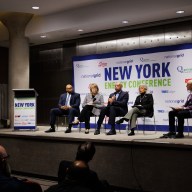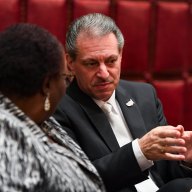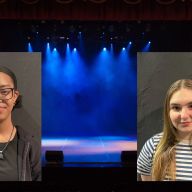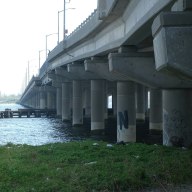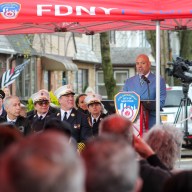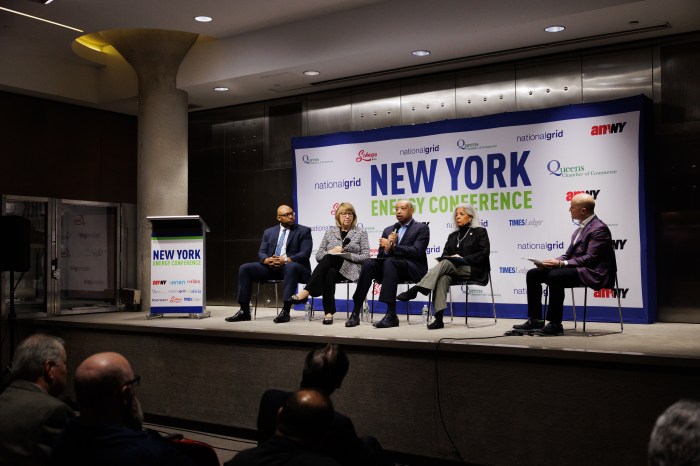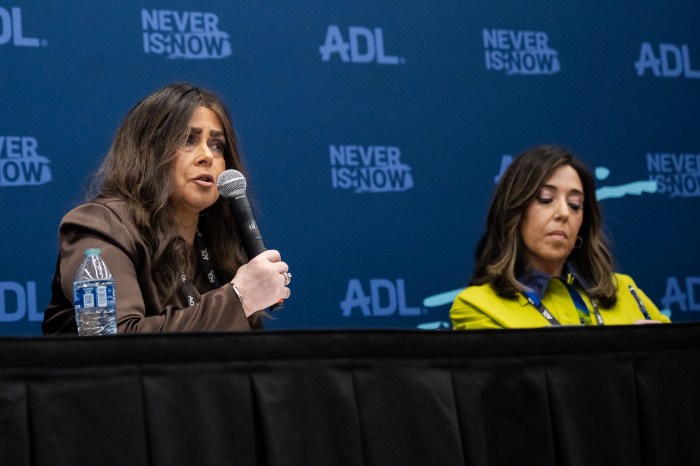By Rich Bockmann
Despite redistricting victories earlier this year that concentrated the voting powers of South Asian Americans in Queens in ways they had never been before, when voters go to the polls next week they will find no South Asian ethnic candidate on the ballot for either state Assembly, state Senate or district leader.
This is despite the fact that the highest concentrations of the city’s South Asian population — one count puts it at 62 percent — exists in Queens in a large swath stretching from Richmond Hill and South Ozone Park to Queens Village and areas of Flushing, Rego Park and Jackson Heights.
In fact, the U.S. census put the Queens South Asian population hailing from countries like Bangladesh, India, Pakistan and Sri Lanka at such a high level that the city was required to provide additional Asian-language ballots in those neighborhoods for the November general election. Bengali was chosen as the language.
“We began a few years ago to look at this issue from a different perspective,” said Jerry Vattamala of the Asian American Legal Defense and Education Fund, one of the groups that advocated for creating unified South Asian districts.
“We tried to figure out why there weren’t any South Asians in the City Council, the state Assembly or the state Senate. What we hit upon was despite the fact people were registered to vote and the community gives regularly to campaigns and there’s this nascent political identity, it wasn’t translating into people running for office,” he said.
What Vattamala’s group and others such as Taking Our Seat and the Asian American Community Coalition on Redistricting and Democracy found was that the South Asian population had been divided among the various district boundaries that crisscrossed their communities.
“South Asian votes and voters were being diluted. Their power was diluted by the way the existing lines were drawn,” Vattamala said.
In the worst case, the area including parts of Bellerose, Floral Park, Glen Oaks, Jamaica Estates, Jamaica Hills, Briarwood and Richmond Hill was divided among six different Assembly districts and among six different Assembly members who constituents felt did not make them a priority.
That changed when the area was reconstituted as the 24th District, whose representative, Assemblyman David Weprin (D-Little Neck), is running unopposed in the primary.
There are impediments to getting a South Asian candidate on the ballot. For one, even in the 24th District South Asians only represent a plurality among other groups such as whites and Latinos.
The populations in Richmond Hill and South Ozone Park, Vattamala said, represent a second wave of immigrants who left India for places like Guyana and Trinidad before coming to the United States, and it is the only neighborhood in the city where as many as 10 percent of respondents listed “other” as their ethnicity on the census.
The same groups that got together on state redistricting are now working on uniting South Asian communities as the city goes through its redistricting process for city offices.
Vattamala said redistricting victories pave the way for ethnic candidates to come forward, but it is up to their communities to field them.
“The seed has been planted,” he said.
Reach reporter Rich Bockmann by e-mail at rbockmann@cnglocal.com or by phone at 718-260-4574.








